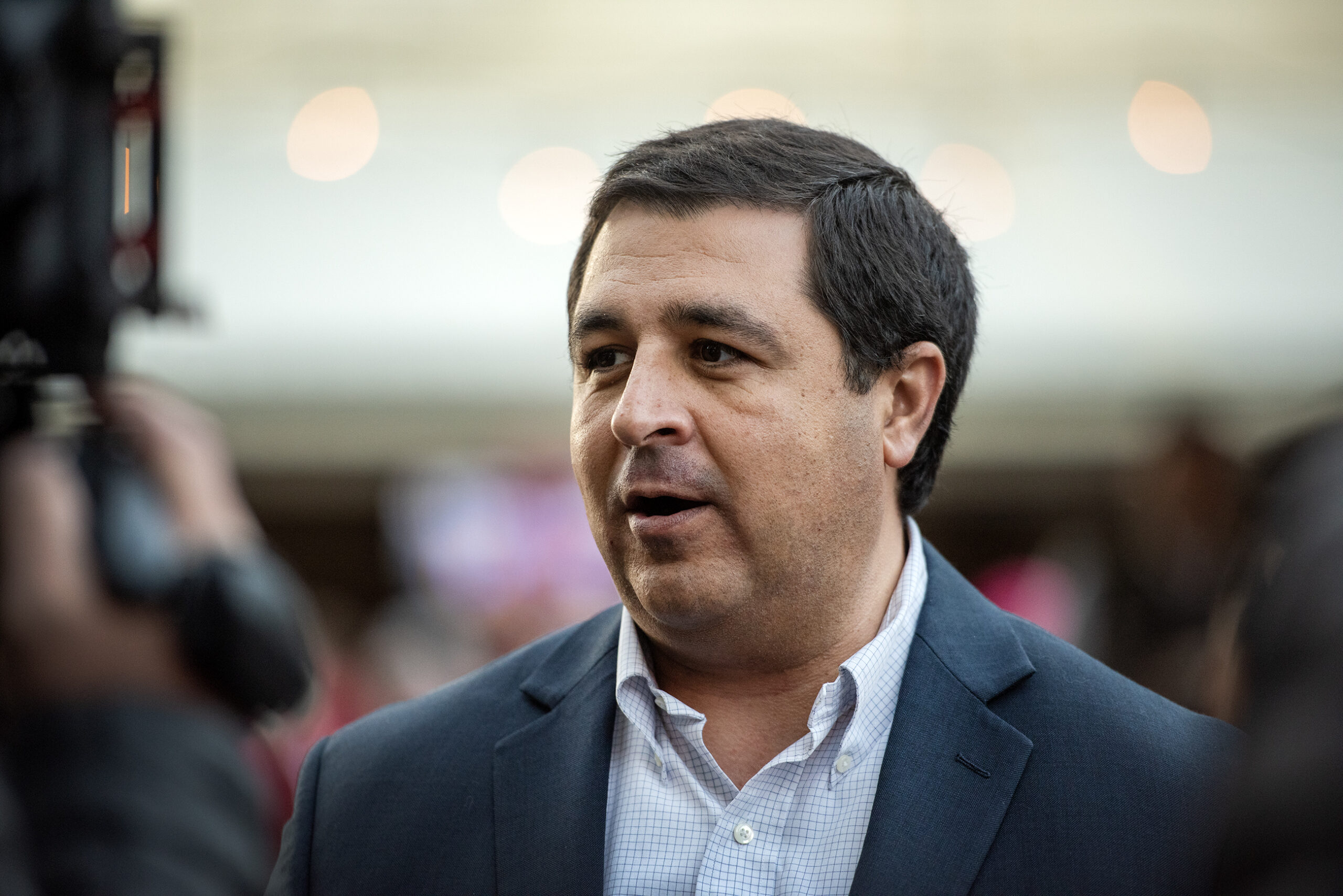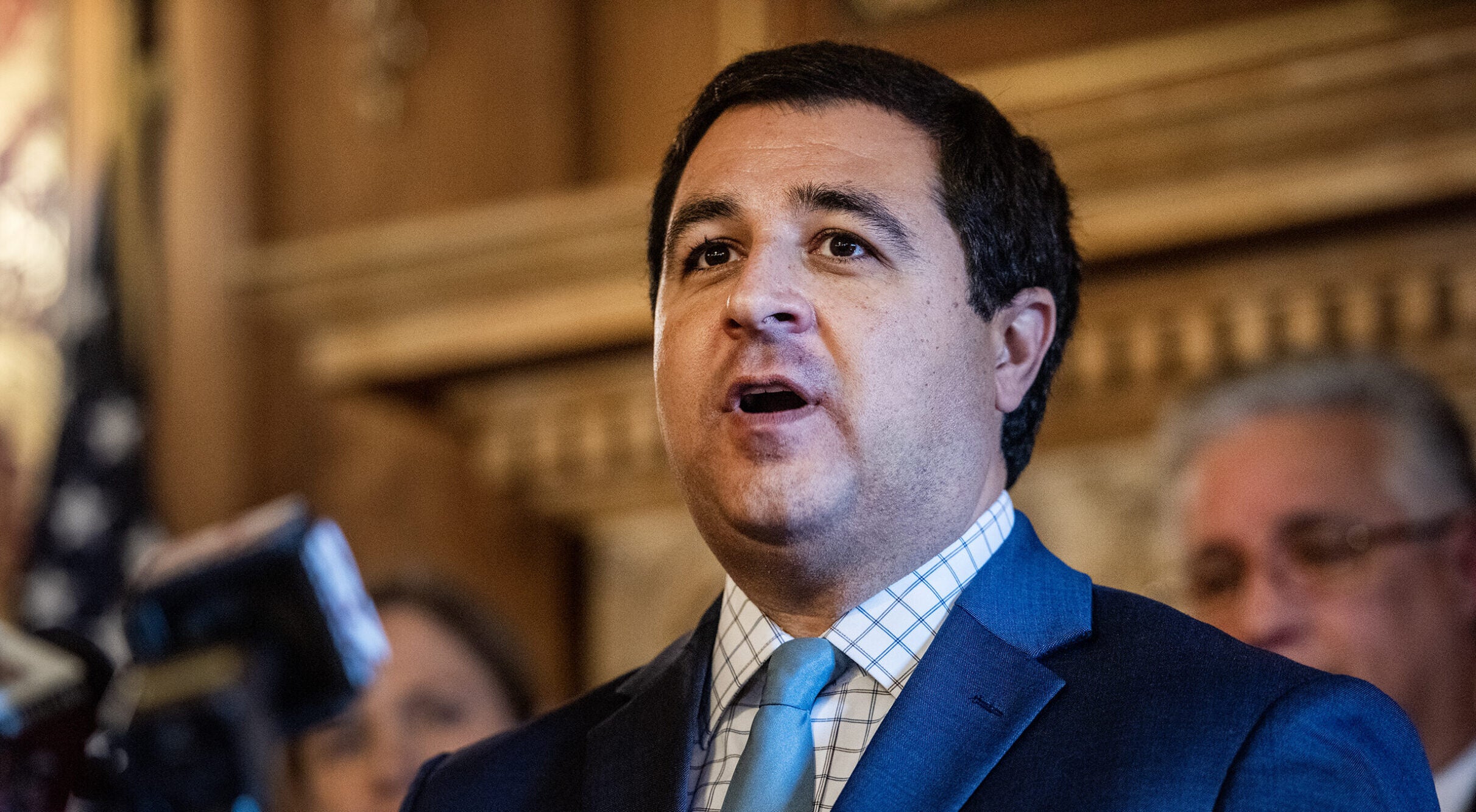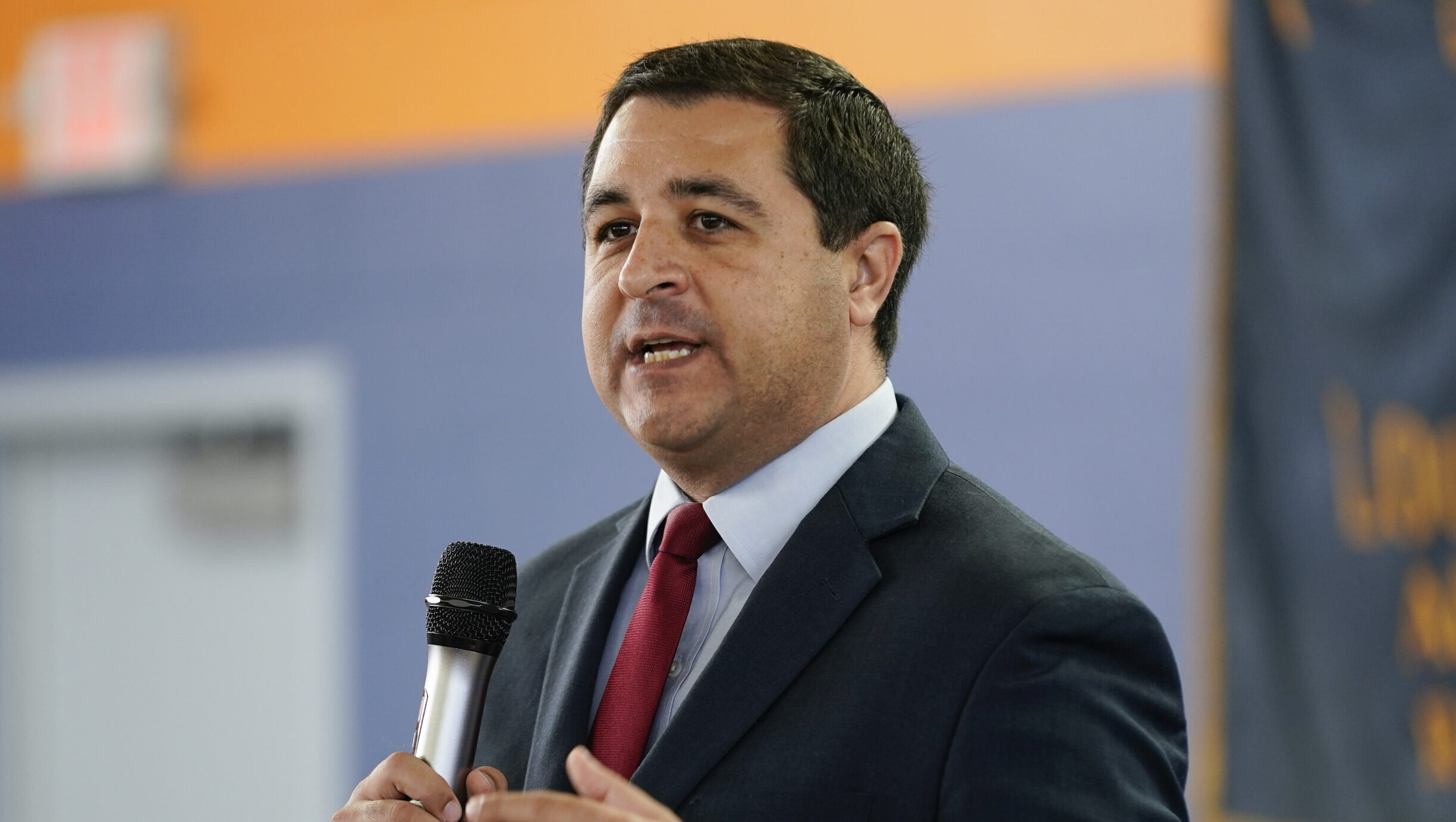Four years ago, after Democrats swept elections for statewide office in Wisconsin, Republican lawmakers held a “lame duck” session to strip powers from the incoming governor and attorney general before they took office.
Today, a legal fight contesting one of the laws continues even as Democratic Gov. Tony Evers and Attorney General Josh Kaul have won reelection and are serving their second terms.
The case was brought by Kaul, who is challenging parts of the lame duck laws limiting the power of his office to reach settlements in civil lawsuits. It requires the state Department of Justice to get approval from the Legislature’s budget committee — which is controlled by Republicans — to settle civil lawsuits and civil actions the department prosecutes on behalf of state agencies.
Stay informed on the latest news
Sign up for WPR’s email newsletter.
“Wisconsin’s law is really unprecedented, even in comparison to other AG offices around the country,” said Paul Nolette, a professor of political science at Marquette University who is an expert on state attorneys general. “From the AG’s perspective, this really interferes with their work.”
From the Legislature’s perspective, Nolette said, the law was passed by Republicans at a time when they were unclear how Kaul would operate as attorney general.
“So by passing these laws, it gives them a lot more control over the direction that the office goes in,” Nolette said.
Lawsuits challenging the lame duck laws restricting the governor and attorney general have been pending somewhere in court since shortly after Evers and Kaul took office four years ago. The first lawsuit was filed in January of 2019, and by a month later, there were four lawsuits pending.
The Wisconsin Supreme Court weighed in on the challenges twice that year, first ruling the Legislature was within its right to convene the lame duck session and then siding with Republicans to reject what’s known as a “facial” challenge to the laws. The latter ruling meant that the laws did not by themselves violate the state constitution’s separation of powers guarantee by infringing on the executive branch’s authority.
But justices did not close the door to another lawsuit challenging the laws as they’ve been applied, and in 2021, Kaul’s Wisconsin Department of Justice filed a new lawsuit in Dane County Circuit Court. It focused on the laws preventing the DOJ from settling civil cases or enforcement actions without first getting approval from the Joint Committee on Finance, which is run by Republicans.
Last year, Dane County Circuit Court Judge Susan Crawford sided with the DOJ, writing in her first of two orders last May that the Legislature had overstepped its bounds.
“The joint finance committee’s failure or refusal to approve a settlement agreement under (the law) effectively operates as a veto, with no override mechanism to act as a check on legislative authority,” Crawford wrote. “The statute gives the Attorney General no recourse but to continue litigation or attempt to renegotiate a settlement on terms demanded by the Legislature’s joint finance committee.”
The Legislature appealed, arguing in an October brief that the DOJ was trying to revive issues already settled by the Wisconsin Supreme Court, and that lawmakers have a legitimate interest in overseeing DOJ settlements.
“The Legislature can constitutionally have a seat at the table when the Attorney General considers this kind of settlement, given that it implicates the Legislature’s constitutional power of the purse,” wrote attorney Misha Tseytlin in a brief arguing on behalf of the Wisconsin Legislature.
In a reply brief filed last week, Kaul’s DOJ disputed that idea, arguing the Legislature had claimed control over powers that rest squarely with the executive branch.
“Through Act 369, the Legislature took full veto power over whether, when, and how the Executive Branch may settle these actions. The Legislature did not give itself a ‘seat at the table,’” read a reply brief from Kaul’s Department of Justice. “It gave itself a throne.”
As a practical matter, Nolette said there hasn’t been much political benefit to Republicans when it comes to the law being challenged. The budget committee has regularly approved settlements in the years since the law was passed.
But Nolette said the prospect that the Legislature might intervene still exists, and that alone affects how Kaul is able to run his office.
“Just the very fact of the Legislature hovering over the whole process makes it a lot more difficult for him to reach settlements with defendants,” Nolette said.
While Kaul prevailed at the circuit court level, those decisions were stayed while the case is considered by the District 2 Court of Appeals.
Whatever the court decides there will be appealed to the Wisconsin Supreme Court, where conservatives currently hold a 4-3 majority. But given the timing of the appeal, Nolette said there’s a good chance the state Supreme Court won’t rule on the case until after a new justice is elected, which could swing the ideological balance of the court to a liberal majority.
“And that’s why the timing here really matters,” Nolette said. “There’s virtually no chance that the Supreme Court would be able to get this case and then hear it and then decide it before the new justice is seated.”
Wisconsin Public Radio, © Copyright 2025, Board of Regents of the University of Wisconsin System and Wisconsin Educational Communications Board.




